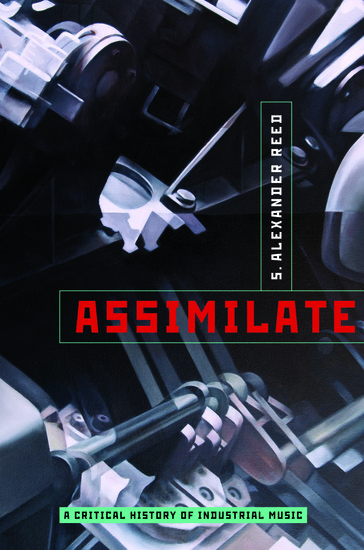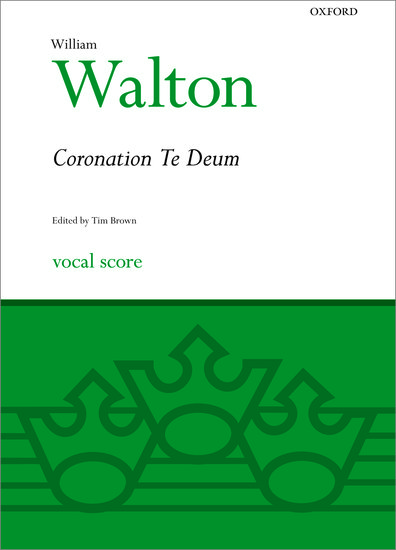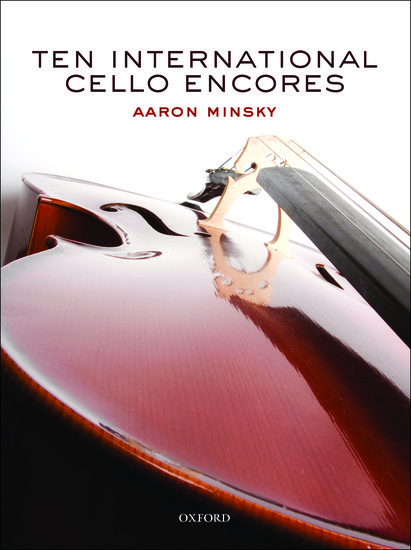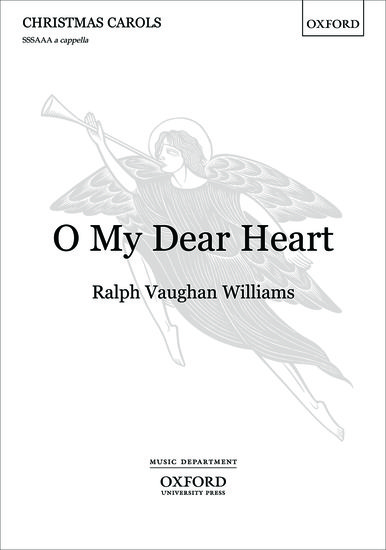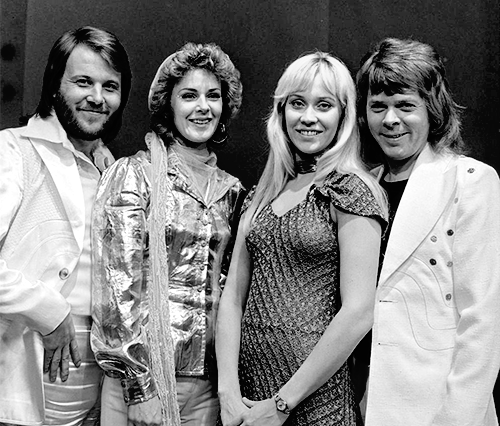The end of ownership
By Alex Sayf Cummings
Is there such a thing as a “used” MP3?
That was the question before the United States District Court for Southern New York earlier this Spring, when Capitol Records sued the tech firm ReDigi for providing consumers with an online marketplace to “sell” their unwanted audio files to other music fans.



